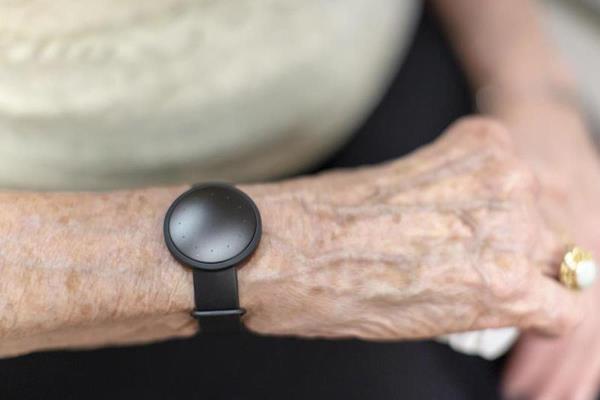Healthy Habits for Seniors and Aging Adults
As we age, it becomes more important than ever to maintain healthy habits to ensure a happy and fulfilling life. While there are many ways to achieve optimal health, there are some key habits that seniors or aging adults can adopt to help keep their bodies and minds in top condition. In this article, we’ll explore some of the most important healthy habits that seniors should consider implementing into daily routines.
Exercise Regularly
Engaging in regular exercise can help prevent chronic diseases like heart disease, diabetes, and arthritis, as well as improve overall health and well-being. In addition to the physical benefits, exercise can also boost mood, improve cognitive function, and reduce stress. For seniors, it’s important to choose exercises that are safe and appropriate for their level of fitness. Low-impact activities like walking, swimming, and yoga are great options, as they are gentle on the joints and can be easily modified to accommodate different fitness levels. Strength training is also important for maintaining muscle mass and bone density, and can help prevent falls and fractures.
Eat a Balanced Diet
Eating a variety of nutrient-dense foods can help maintain optimal health and prevent chronic diseases. Seniors should focus on eating plenty of fruits, vegetables, whole grains, lean protein, and healthy fats. It’s also important to limit intake of processed foods, sugary drinks, and foods high in saturated or trans fats. Seniors may also need to pay special attention to certain nutrients, such as calcium and vitamin D, to help maintain bone health.
Stay Hydrated
As we age, our bodies may not signal thirst as effectively, making it easier to become dehydrated. Seniors should aim to drink at least eight glasses of water per day, and more if they are engaging in physical activity or live in a hot climate. Seniors can also increase fluid intake through foods like fruits, vegetables, and soups. Avoid sugary drinks, caffeine, and alcohol, as these can dehydrate the body and lead to other health problems. For certain health conditions e.g. kidney disease, hydration levels may need to be determined in discussion with you health care provider.
Get Plenty of Sleep
Getting enough sleep is essential for maintaining good health and cognitive function. Seniors should aim for 7-9 hours of sleep per night, and establish a consistent sleep routine to improve sleep quality.
Factors like pain, medication side effects, and sleep disorders can all affect sleep quality in seniors. If you are having trouble sleeping, talk to your healthcare provider to identify any underlying issues and find solutions to help improve your sleep.
Practice Stress-Reduction Techniques
Stress can have a negative impact on both physical and mental health, so it’s important to practice stress-reduction techniques like meditation, deep breathing, or gentle yoga. These techniques can help reduce stress, improve mood, and promote relaxation. Seniors may also benefit from spending time in nature, engaging in creative activities like painting or music, or spending time with loved ones.
Stay Socially Active
Social isolation and loneliness can have a negative impact on health, so it’s key for seniors and aging adults to stay socially active. This can include community activities, volunteering, or simply spending time with friends and family. Social activities can help promote cognitive function, reduce stress, and improve overall well-being. Seniors who have difficulty getting out of the house may benefit from connecting with others. For seniors who need companionship or assistance in participating in community events, services of professional caregiving organizations can also be engaged.
Stay Mentally Active
Just as physical exercise is important for seniors’ health, so too is mental exercise. Seniors should make an effort to engage in activities that challenge the mind, such as reading, puzzles, or games. Consider taking classes or courses to learn new skills or hobbies are also great options as well.
Incorporating these healthy habits into a senior’s daily routine can help maintain independence and foster a happy, fulfilling life.
If you or someone you love are struggling to keep up with activities of daily living to maintain a healthy lifestyle, consider contacting the team at Home Instead for support and assistance with personalized care plans, trusted caregivers, and a focus on healthy living. Our health experts are available 24/7
Call 604-432-1139



